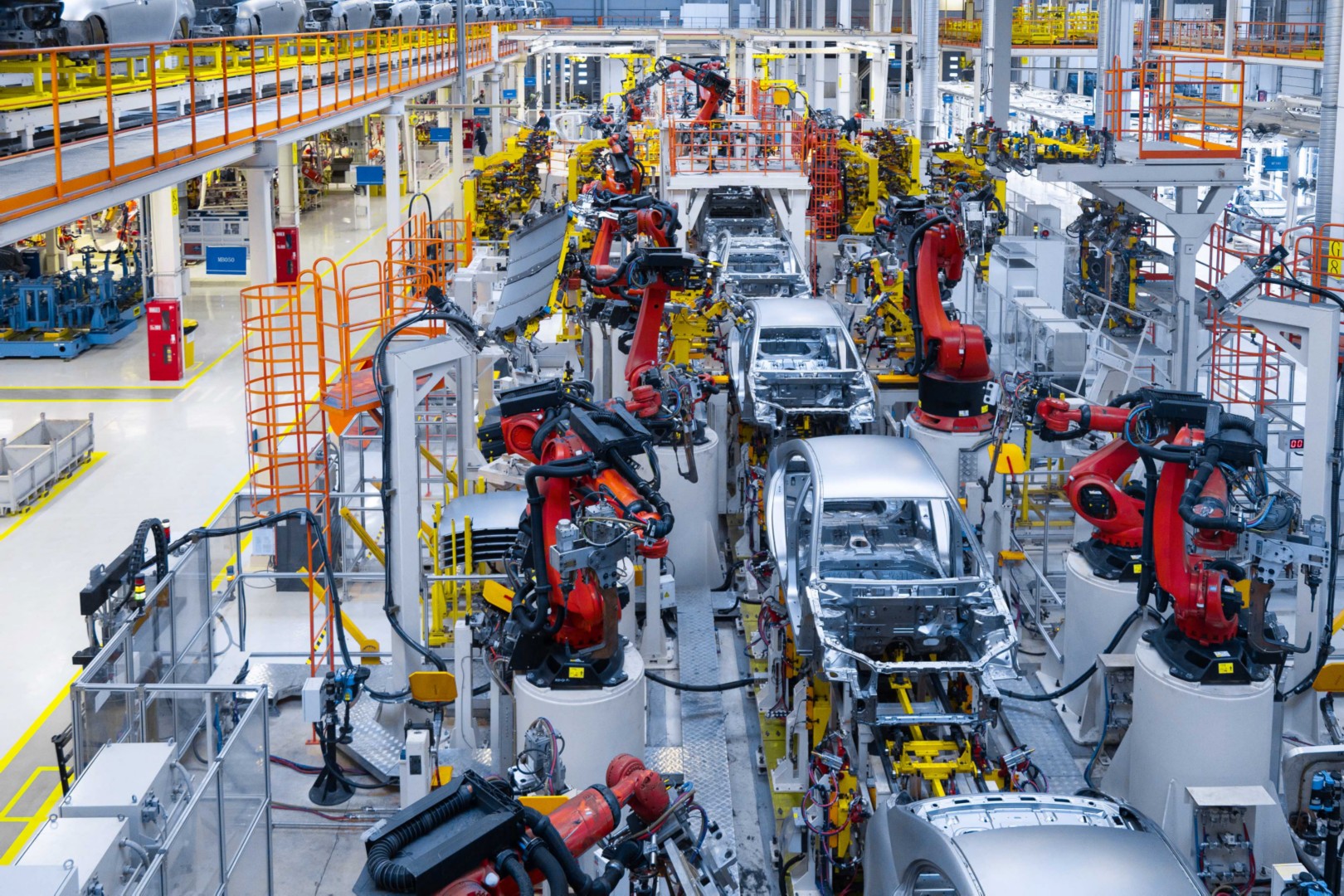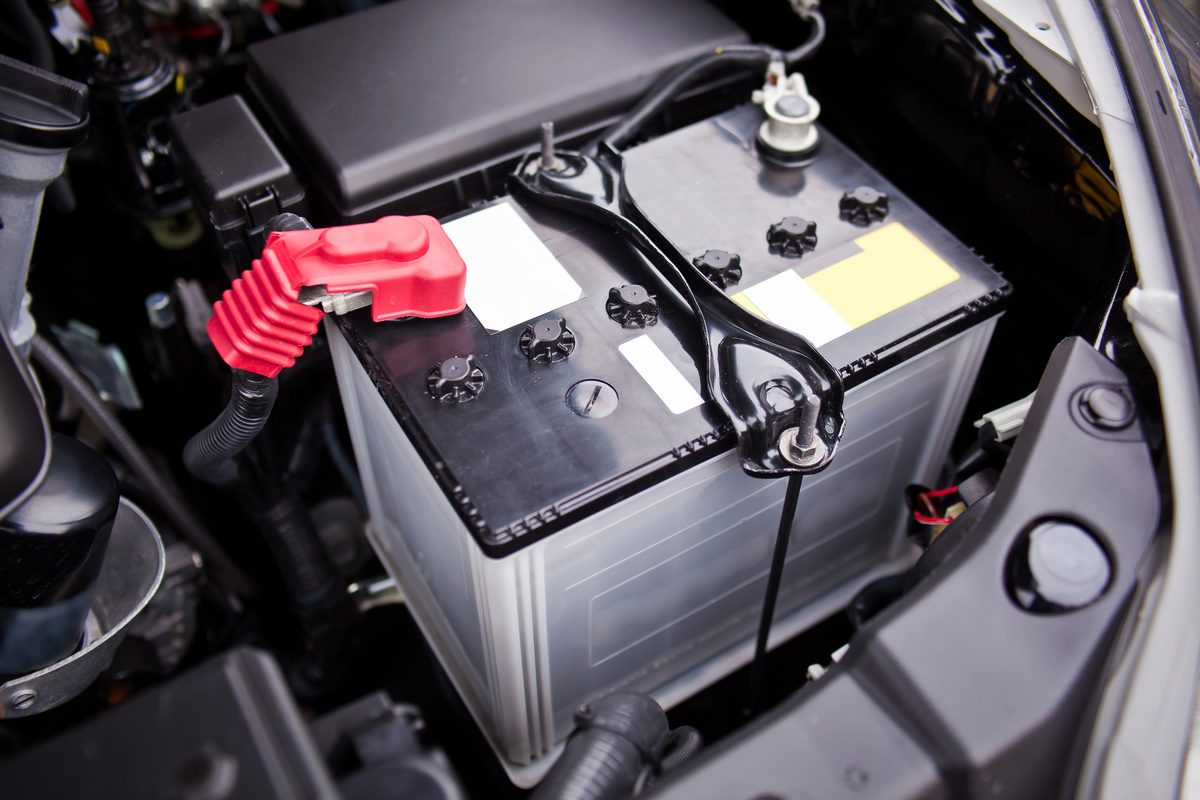Like many people, you may prefer using a desktop computer over a laptop and there is nothing wrong with that. But, to make sure you really understand desktops, you need to know a couple of things. The article you have to read offers an abundance of advice about desktop computers.
While a desktop doesn’t afford the portability a laptop does, it packs more of a punch. To ensure you continually get the most out of your desktop keep the components up to date. As new and faster RAM and processors come out, upgrade your desktop computer. In this way, your desktop will always out perform a laptop.
Perform a boot check if you find that your computer is running slower than it should. Look in the start menu for a program named “ms config.” This will show you the programs that load up when the computer boots up. If there are programs you rarely use, click them so they do not begin when you boot your computer. You should see a difference with your computer running more quickly afterward.
Take an audit of your uses for a desktop computer before buying one. This is important so that you can really understand how much power you really need. More power means more money. If super powerful desktop won’t be of any real use to you, why shell out the additional funds?
Before you purchase a new desktop computer, make a list of all the things you want to use your computer for. Do you have a child who will need to do schoolwork or do you love to play games online? You will want to purchase a model that not only has the right software installed for your needs, but will also be fast enough to run the programs you enjoy using.
Consider all-in-one displays desktop computer for your needs. This means that the computer has a large monitor with the majority of its components in the back. They come in many sizes and with and without touch input. They are easier to transport due to less wires. Many also have built-in webcams for easier video conferencing. They work great for entertainment purposes, too.
When purchasing a desktop, don’t only think of your needs today, think about your future needs too. You’ll likely have this desktop for multiple years, so if you’re thinking about getting into photography or video work, you’ll want to get a computer that’ll handle your future work. It’s more of an investment up front, but it will save you from buying another computer too soon after this purchase.
Consider upgrading your current desktop computer. If your computer is not doing what you want it to, or not working as fast as you’d like, you might want to consider making some internal changes to your computer. If you are not well-versed in this, you might have a friend who is or be able to learn how online.
Because many makers of desktop computers have begun limiting the volume of paper documentation included with their products in favor of putting such information online, it is important to be diligent. Make sure that you don’t end up in a bind if you can’t get online.
Decide what you’re going to be using the desktop for first. Many people buy a computer that is upgraded for capabilities that they won’t even be using. Your personal interests and your planned uses for the computer should help you decide what specs should be included in your new machine.
As this article has shown, there are many things you can learn about desktop computers. Learning these things will help you get more out of your desktop computer. No matter what your purpose for needing to use a desktop, use the tips above to help take advantage of its many uses.









![[Pii_email_3da6f7f92016ac861201] Error 100% Fixed: Easy Tips in 2022 [Pii_email_3da6f7f92016ac861201] Error 100% Fixed: Easy Tips in 2022](https://www.zzoomit.com/wp-content/uploads/2021/05/pii_email_3da6f7f92016ac861201.jpg)